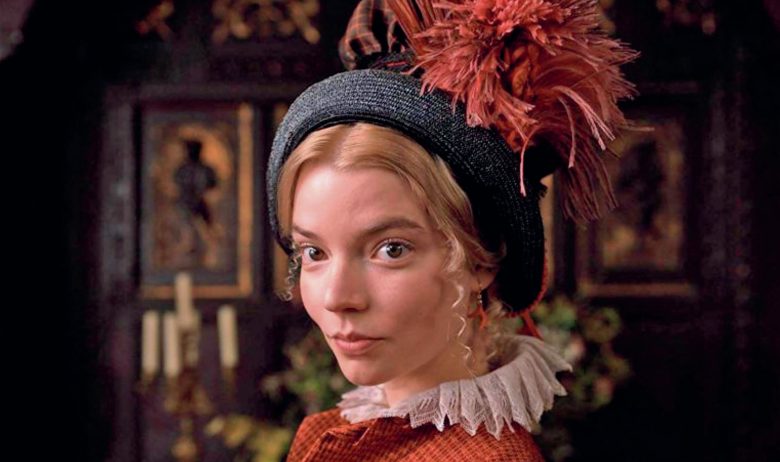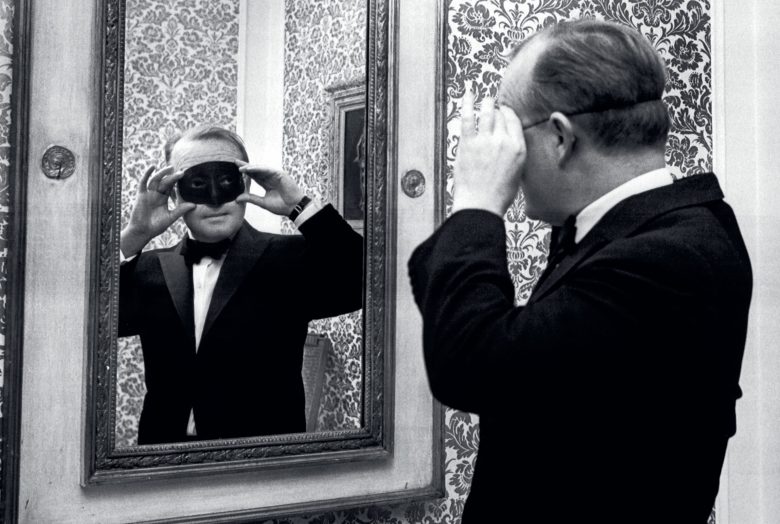
At first glance, George Wickham — liar, gambler, con man and fortune hunter — looks like a bad boy straight from central casting. Caroline Bingley feels that his betrayal of the Darcy family stems from his low social status — ‘Considering where he comes from, you cannot expect much better’ — but Elizabeth Bennet flatly rejects this view — ‘His guilt and his descent appear by your account to be the same… I have heard you accuse him of nothing worse than of being the son of Mr Darcy’s steward’ (Ch. 18). Rejecting his father’s life of honourable service, Wickham tries to force his way into the Pemberley family circle. Bitter and frustrated, he wants both Georgiana Darcy’s £30,000 and revenge on the elitist closed society that excludes him. His hatred of the Darcys can be read as both personal and political.
‘Behind every great fortune there is a crime’ states the epigraph to Mario Puzo’s novel The Godfather (1969), in which the penniless Sicilian immigrant Vito Corleone becomes a Mafia don. Perhaps the most powerful myth of the last century was that of the American Dream, in which one’s pathway to success was independent of inherited wealth or privilege: in reality, of course, entrenched prejudice and social inequality meant that this was less a dream than an outright fantasy. Thus, whether the relevant context is Regency England or twentieth-century New York, if the ‘legitimate’ pathway to the top is blocked, the ambitious man may seek another. Clear parallels are drawn between organised crime and big business in The Godfather, with the entrepreneurial Corleones specialising in racketeering, prostitution and narcotics rather than construction, manufacturing and engineering. In Pride and Prejudice, Wickham is far from the only character trying to exploit a shamelessly corrupt economic system in the shape of the Regency marriage market.
Your organisation does not have access to this article.
Sign up today to give your students the edge they need to achieve their best grades with subject expertise
Subscribe




